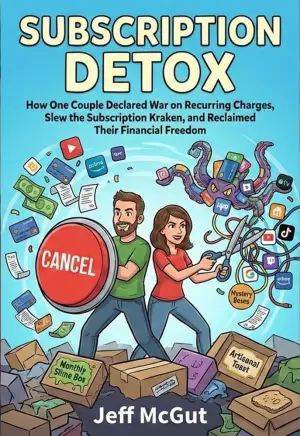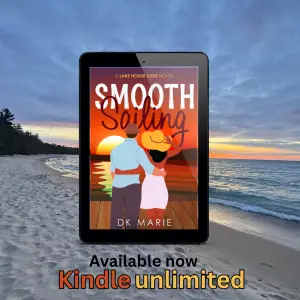I just finished reading “The Pulse of Tomorrow” by Alex Stevens, and let me tell you, it was an exhilarating journey! As an avid lover of dystopian and post-apocalyptic fiction, the premise of this book absolutely captivated me. I was drawn in by the idea of humanity’s last survivors orbiting a deteriorating space station while Earth, scarred by the Pulse, was reclaiming itself. The mix of hope and desperation in the description really piqued my curiosity.
The protagonist, Corrine Vale, is a young data analyst who uncovers a shocking truth: Earth is healing. However, her father, the council leader, dismisses her findings, causing palpable tension that runs throughout the novel. This conflict resonated with me—Corrine embodies the struggle between hope and despair, a theme that was intensively explored as she faces a council too afraid to believe in a future outside their fragile sanctuary.
One of the most engaging aspects of the book is its fast-paced narrative—something that fellow readers like LJ have pointed out. I couldn’t put it down either! The author expertly balanced moments of action with emotional depth, pulling at my heartstrings while making me think critically about the decisions that define humanity. The world-building, although set primarily in a space station, felt rich and immersive. You could practically feel the weight of each station malfunction and the growing sense of claustrophobia among the characters waiting for their fate to be decided.
On the flip side, I found that while the narrative was compelling, there were moments where I felt some character development was rushed. While Corrine is wonderfully relatable, the supporting characters sometimes felt a bit underdeveloped. SAS also mentioned the strong dynamic between Corrine and her friend Harper, and I agree that their friendship brought warmth to an otherwise heavy atmosphere. However, I would have liked to see more depth in the relationships as the stakes rose.
Another minor drawback was the cliffhanger ending, which left me both exhilarated and desperate for more. Set against this emotional backdrop, Corrine’s journey forces readers to confront the core question of the narrative: Is it better to hold onto what we know, or to take a leap of faith into the unknown? Many readers, including an Amazon customer who reviewed it, found that tension to be “tangible,” and I wholeheartedly agree.
The book is well-written, combining evocative storytelling with thought-provoking themes. At just over 157 pages, it’s a quick read that doesn’t skimp on substance. The pacing drew me in from start to finish, making me want to turn each page, just as Seth mentioned in his review.
Overall, “The Pulse of Tomorrow” met all my expectations. It’s not just another sci-fi tale—it’s an exploration of hope, betrayal, and the innate human desire for survival. If you’re a fan of dystopian fiction, I cannot recommend this book enough. Stevens has crafted a compelling narrative that will leave you pondering long after you’ve turned the last page. I’m eagerly looking forward to what this author brings next!








